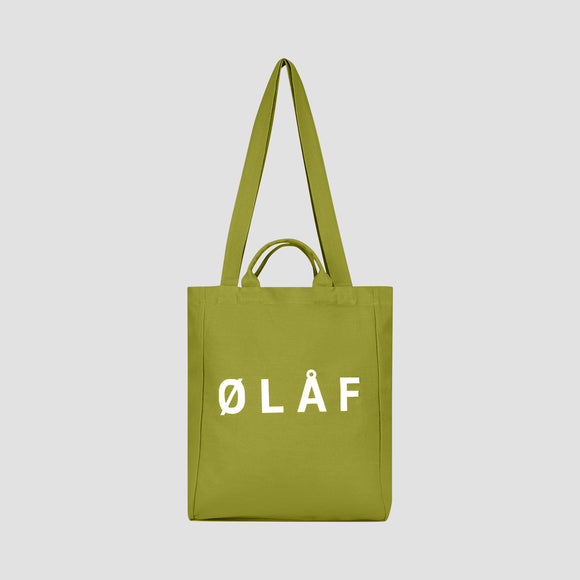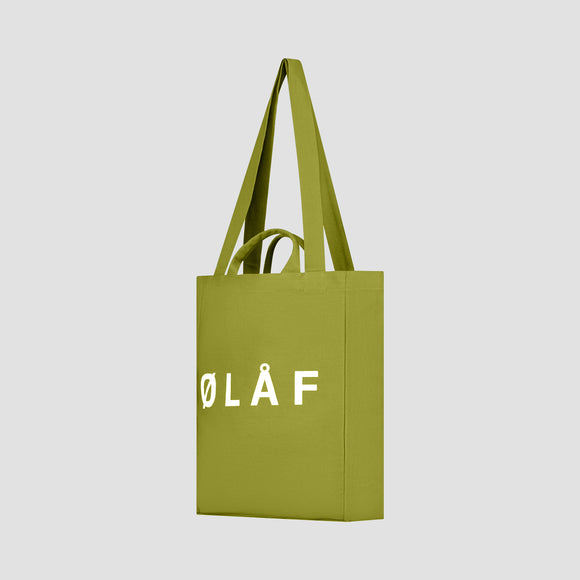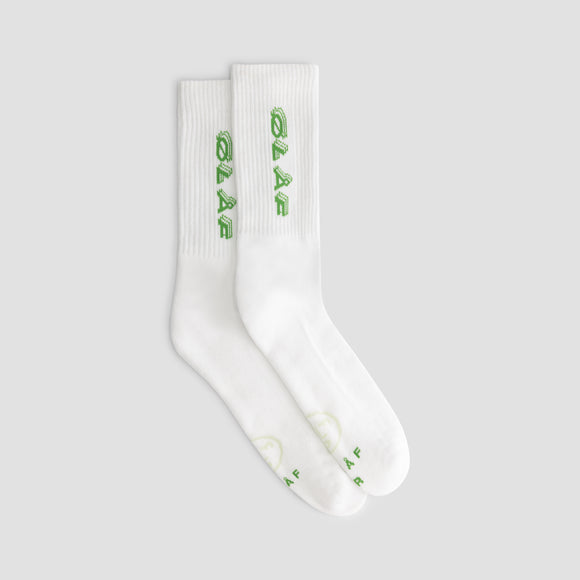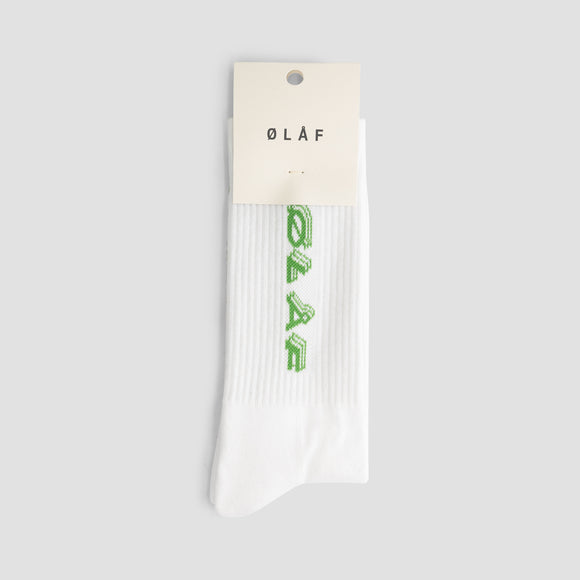Hi Kai, phrases like ‘future of music’ and ‘visionary’ have been used to describe you. Yet you refer to your work as ‘regular, real beats’. Why’s that?
“Yeah, regular means understandable, relatable. A lot of people think that regular means basic and the word normal is bad. In my opinion, you can get too creative where you're not taming the art for it to have a message. That’s the beauty of creation because you have artists that are pushing boundaries and doing stuff that just does not make sense to anyone but them. But you also have creatives, like me, that are willing to reach out to people and understand culture and patterns in how we think and tie it into music and art. When it comes to creating things, I think we have to take what exists already, learn from our past, and repurpose it. You got to take things from the 70s, 60s, 1800s and kind of update the idea, you know. So regular music, regular beats are just ideas and sounds that you are familiar with but in a new way. That’s how I would put it. We’re already so complex as human beings, why add on to that?"
Were you raised in a musical household?
Yeah, my mom still plays piano. She’s amazing. She actually started out making beats on a Casio controller. She was doing that while she was in the Navy. My father was more of a fan of music. He was definitely responsible for my influences, more so than my mom. He was like, ‘whatever you like, enjoy it.’ He wasn’t showing us death metal and stuff like that, but it was stuff that he felt we should hear. The trade off is that my mom was more technical with it. She taught us how music works. She sat me down, explained how to download programs that could help me and explained music theory to me. She was a really great mother because she allowed her children to have their own playground with constraints. She wasn't really controlling as a mom. She was like, ‘Oh I see something in you, and you should go for that. Embrace it.’ Musically that did really help a lot. I found myself knowing myself early on.
















